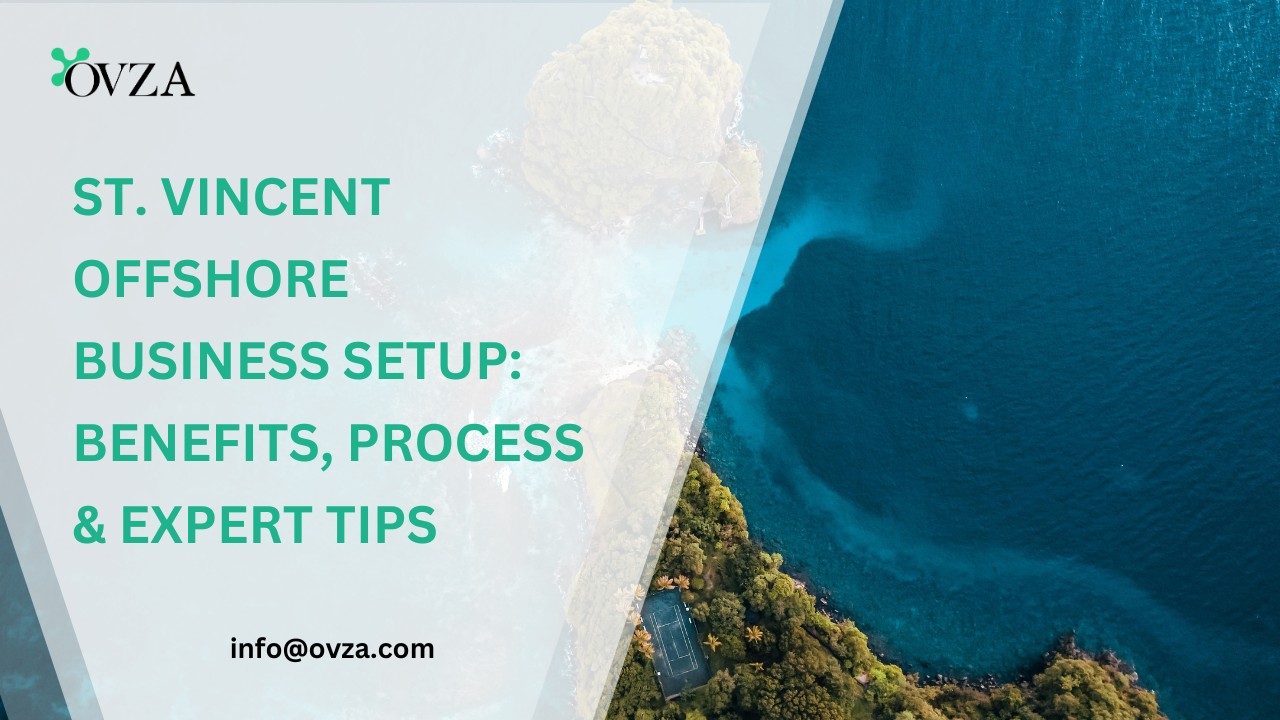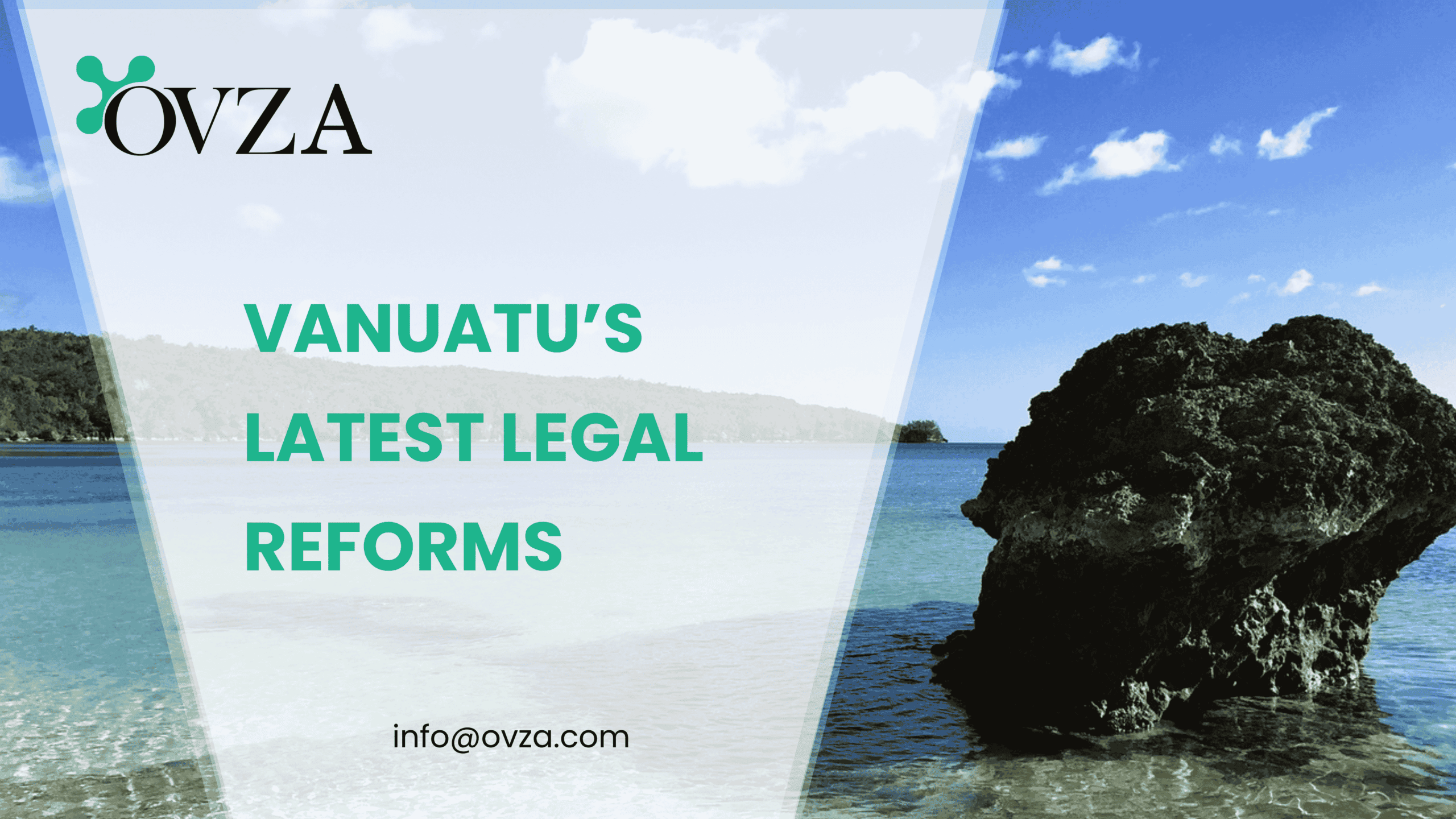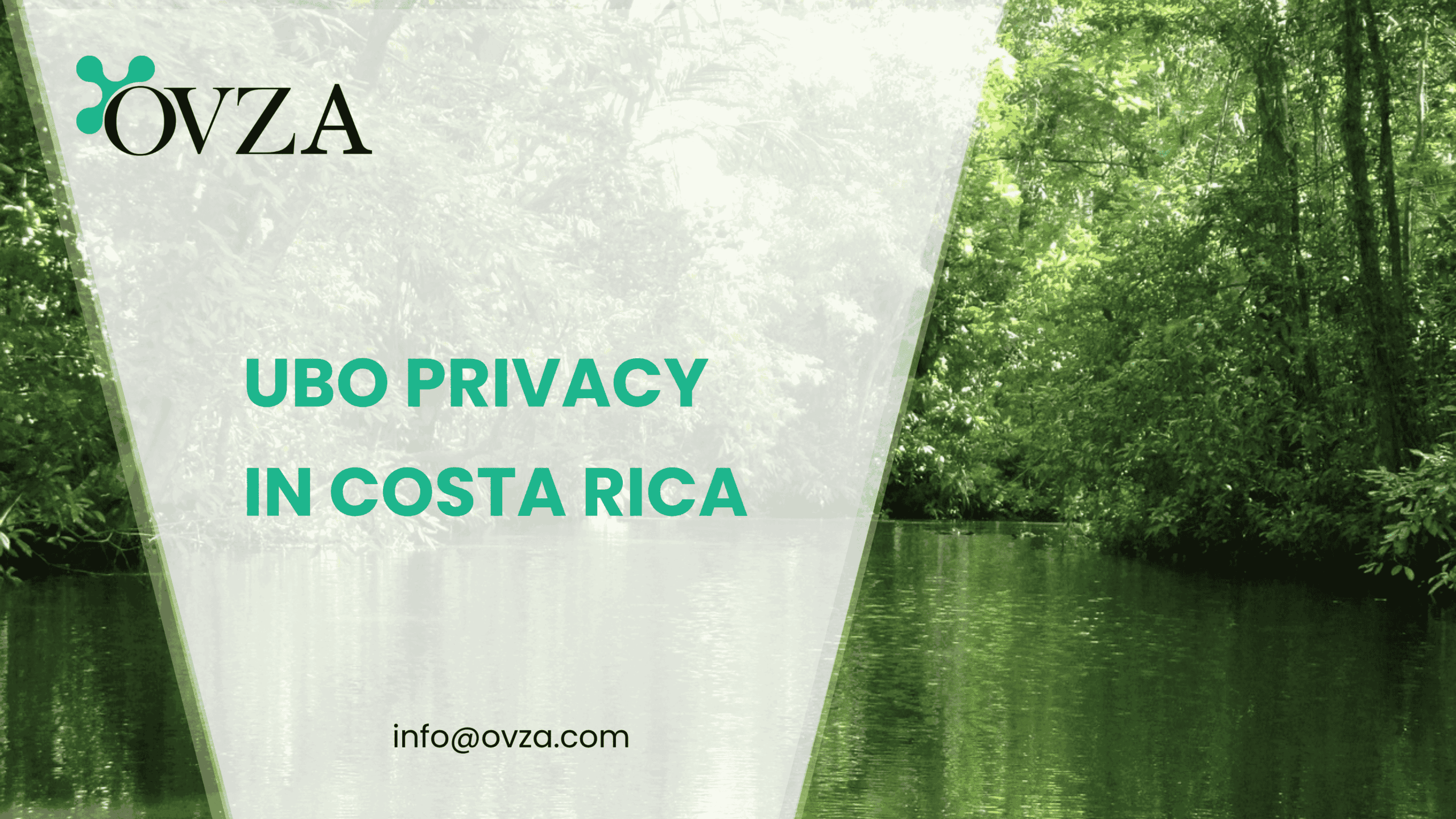Executive Summary
Discover key St Vincent Offshore Company advantages, including tax benefits, strategic positioning, and simplified incorporation for global business success. St. Vincent and the Grenadines (SVG) ranks among the top offshore jurisdictions for international business formation.
This comprehensive guide outlines the complete incorporation process, tax benefits, and strategic advantages of establishing a St Vincent Offshore Company, supported by expert insights and current market analysis.
Introduction: SVG’s Strategic Advantage
According to the World Bank’s Ease of Doing Business Index, SVG has consistently improved its business formation processes, making it an increasingly attractive jurisdiction for international entrepreneurs. Recent data shows a 40% increase in offshore company registrations since 2022.
Strategic Benefits of SVG Incorporation
- Tax Optimization Framework
Establishing a St Vincent Offshore Company offers significant tax advantages, including:
- Complete tax exemption on international income
- Zero capital gains tax
- No withholding tax on distributions
- VAT-exempt status for offshore operations
- Privacy and Asset Protection
A St Vincent Offshore Company ensures enhanced privacy and strong asset protection through:
- Enhanced corporate privacy measures
- Strong asset protection legislation
- Confidential ownership structure
- Protected business operations
According to the Financial Secrecy Index, a St Vincent Offshore Company benefits from robust privacy protections while adhering to international compliance standards.
Corporate Structure Requirements
Legal Framework
Establishing a St Vincent Offshore Company involves compliance with key legal requirements, ensuring flexibility and security for international businesses:
- Company Type: International Business Company (IBC)
- Directors: Minimum one, any nationality
- Shareholders: Minimum one, can be a corporate entity
- Company Secretary: Optional
- Local Address: Registered agent’s office
Capital Requirements
A St Vincent Offshore Company benefits from minimal capital obligations and flexible structuring options:
- No minimum capital requirement
- Multiple currency share denominations permitted
- Flexible share structure options
- Bearer shares prohibited per OECD guidelines
Step-by-Step Formation Process
Phase 1: Pre-Incorporation Planning (1-2 weeks)
-
Strategic Assessment
- Business objectives evaluation
- Jurisdictional benefits analysis
- Structure optimization planning
- Banking requirements review
-
Name Selection and Approval
- Conduct name availability search
- Review naming restrictions
- Secure name reservation
- Obtain preliminary approval
Phase 2: Documentation and Submission (1 week)
- Required Documents:
- Constitutional documents
- Director/shareholder KYC
- Business plan (if required)
- Banking references
Phase 3: Incorporation and Setup (1-2 weeks)
-
Official Registration
- Submit documentation to the Registry
- Pay government fees
- Receive incorporation certificate
- Establish registered office
-
Post-Incorporation Setup
- Open corporate bank account
- Implement compliance systems
- Establish operational structure
- Set up accounting procedures
Expert Insights
Dr. Michael Thomson, International Business Formation Specialist:
“A St Vincent Offshore Company’s streamlined incorporation process, combined with its robust privacy protections, makes it an optimal choice for international businesses seeking operational efficiency and asset protection.”
Sarah Chen, Offshore Banking Expert:
“Companies incorporating in SVG achieve an average 45% reduction in operational costs compared to traditional onshore structures, while maintaining full banking capabilities.”
Banking Solutions
Corporate Account Options:
- Local SVG banks
- International banking networks
- Digital banking solutions
- Multi-currency accounts
According to the Bank for International Settlements, a St Vincent Offshore Company benefits from strong correspondent banking relationships with major financial centers.
Compliance and Maintenance
Annual Requirements:
- Government fees
- Registered agent maintenance
- Basic record keeping
- Compliance updates
Ongoing Obligations:
- Maintain registered office
- Update beneficial ownership records
- Adhere to international standards
- Preserve good standing status
Future Considerations
Emerging Trends in SVG Offshore Sector:
- Digital incorporation processes
- Enhanced banking integration
- Expanded tax treaty network
- Modernized corporate legislation
Implementation Timeline
Typical Formation Schedule:
- Week 1: Planning and name approval
- Week 2: Document preparation
- Week 3: Submission and registration
- Week 4: Bank account setup
Conclusion
A St Vincent Offshore Company offers a premier jurisdiction for offshore company formation, combining tax efficiency, strong privacy protections, and streamlined incorporation processes. With proper planning and professional guidance, businesses can establish their offshore presence efficiently and securely.












